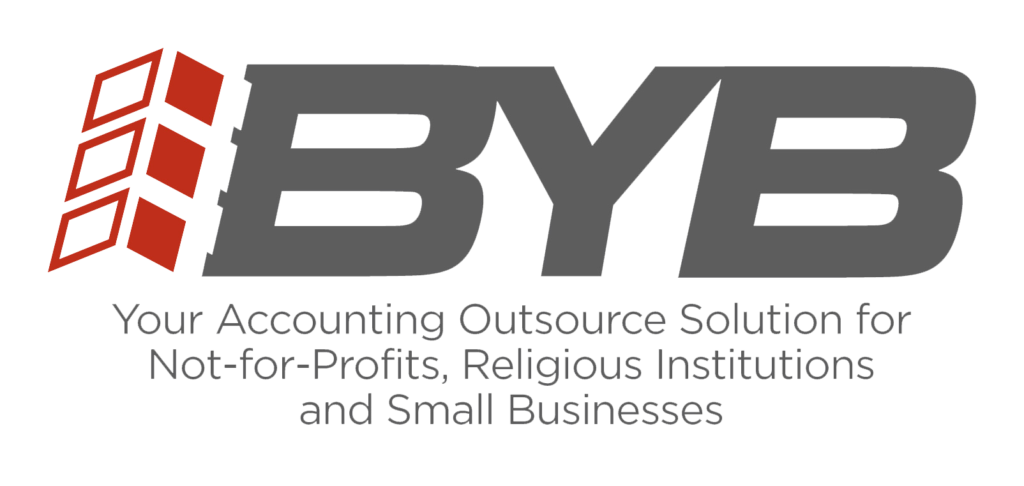For tax year 2017, student must receive Tuition Statement, form 1098-T, from an eligible institution to claim the tuition and fees deduction, American opportunity credit, or the lifetime learning credit,
There are certain reasons why institutions will not send you form 1098-T. For example having tuition waived or paid in full with scholarships, being a non-resident student, or having a formal separate financial and billing arrangement with an employer or government agency.
Keep records to prove enrollment, related expenses and tuition payments. This can be used to send to the IRS directly to claim the credit.
For more information and a test of questions to determine eligibility Click Here!





